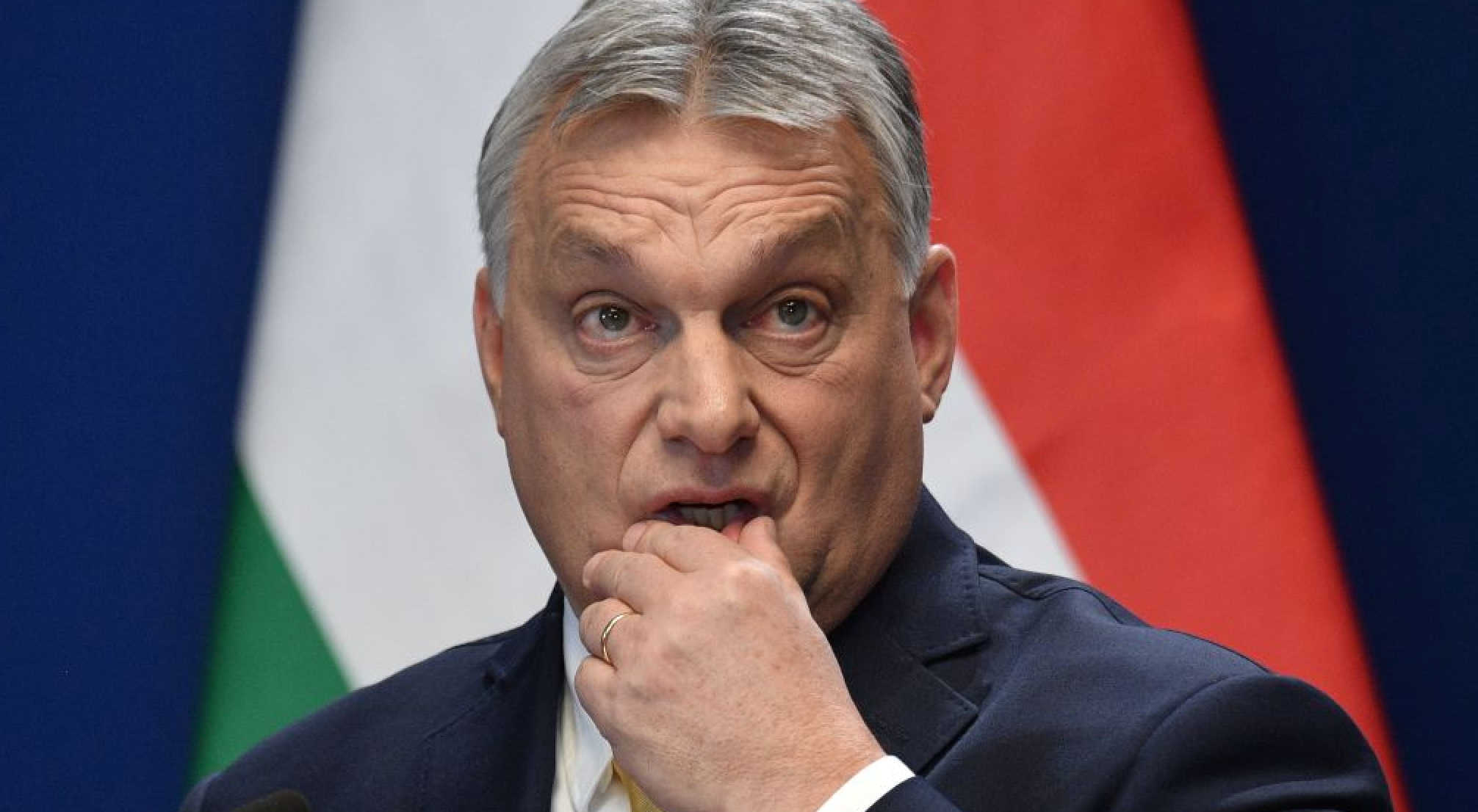Last month, Joe Biden sparked controversy by seeming to describe the governments of Hungary and Poland as “totalitarian”. Whether he did or didn’t is a moot point — as Peter Franklin explained — but the chances are he really will be coming for Hungary, or rather, for Viktor Orbán.
The President-elect’s interest in Hungary is no passing fad. Biden’s love affair with Hungary goes back to 1976 when he and second wife, Jill, spent their honeymoon at Lake Balaton. The visit was facilitated by Biden’s close friend, Hungarian-born emigre Representative Tom Lantos: the only Holocaust survivor ever elected to the United States Congress. There is more than sentimental value at stake here though.
The details of the Biden family’s business connections to Ukraine have been hotly debated, but one thing is certain: they are substantial. Hungary is presently crossing those interests via its stance on Ukraine’s security. For months Orbán has been blocking Ukraine’s NATO accession process — using Hungary’s veto on the latter as leverage in a dispute with Kiev over the welfare of Ukraine’s Hungarian minority.
Orbán’s own attitude to Ukraine’s territorial integrity worries some observers. The symbolic irredentism of Fidesz’s own rhetoric concerning the border region of Sub-Carpathia has increased markedly in the wake of Russian annexation of Crimea and the separatist struggles in Donetsk and Luhansk.
The real danger to Orbán may, however, come less from the new American President and more from members of his team. Biden is expected to appoint his campaign Foreign Policy Advisor, Anthony (‘Tony’) Blinken, to the post of either Secretary of State or White House National Security Advisor — roles Blinken had deputised during Biden’s own Vice Presidency.
Not only is Blinken half-Hungarian, on his mother Judith’s side, but Blinken’s father (Donald, as it happens) was US Ambassador in Budapest 1994-98. Donald, together with Tony’s stepmother Vera (also Hungarian) gave his name, and a substantial ‘permanent endowment’, to the Donald and Vera Blinken Open Society Archive (OSA) at Budapest’s Central European University.
OSA remained CEUs toe-hold in Budapest after Orbán’s government forced relocation of teaching activities to Vienna in 2019. Blinken Sr. remains an active emeritus member of CEU’s Board of Trustees.
Though the first European leader to endorse Trump in 2016, Orbán never got as close to the American President as he wanted — despite fevered efforts by mutual friend (and US ambassador) David Cornstien. Even so, last month Orbán described the improvement of Magyar-American relations post Obama as “a rare gift granted us by Providence and by President Donald Trump”. In September he told Reuters that he had “no plan B” in the case of a Trump defeat, “My calculation is OK. He [Trump] will win”.
Trump’s defeat clearly took both Orbán and the-Fidesz media by surprise. Although the result was called for Biden by American networks around 17:30 Central European Time, the state broadcaster M1 carried the headline ‘no result yet’ in their 7pm flagship bulletin — even as European heads of government and politicians were publishing co-ordinated congratulatory messages at the very same time. Viktor Orbán’s congratulatory message emerged pointedly late — 14 and a half hours behind his fellow European leaders.
According to Hungarian Momentum (Liberal) party leader András Fekete-Győr: “Orbán needs Trump, Hungary needs Biden!” The coming months will show if he is right.











Join the discussion
Join like minded readers that support our journalism by becoming a paid subscriber
To join the discussion in the comments, become a paid subscriber.
Join like minded readers that support our journalism, read unlimited articles and enjoy other subscriber-only benefits.
Subscribe